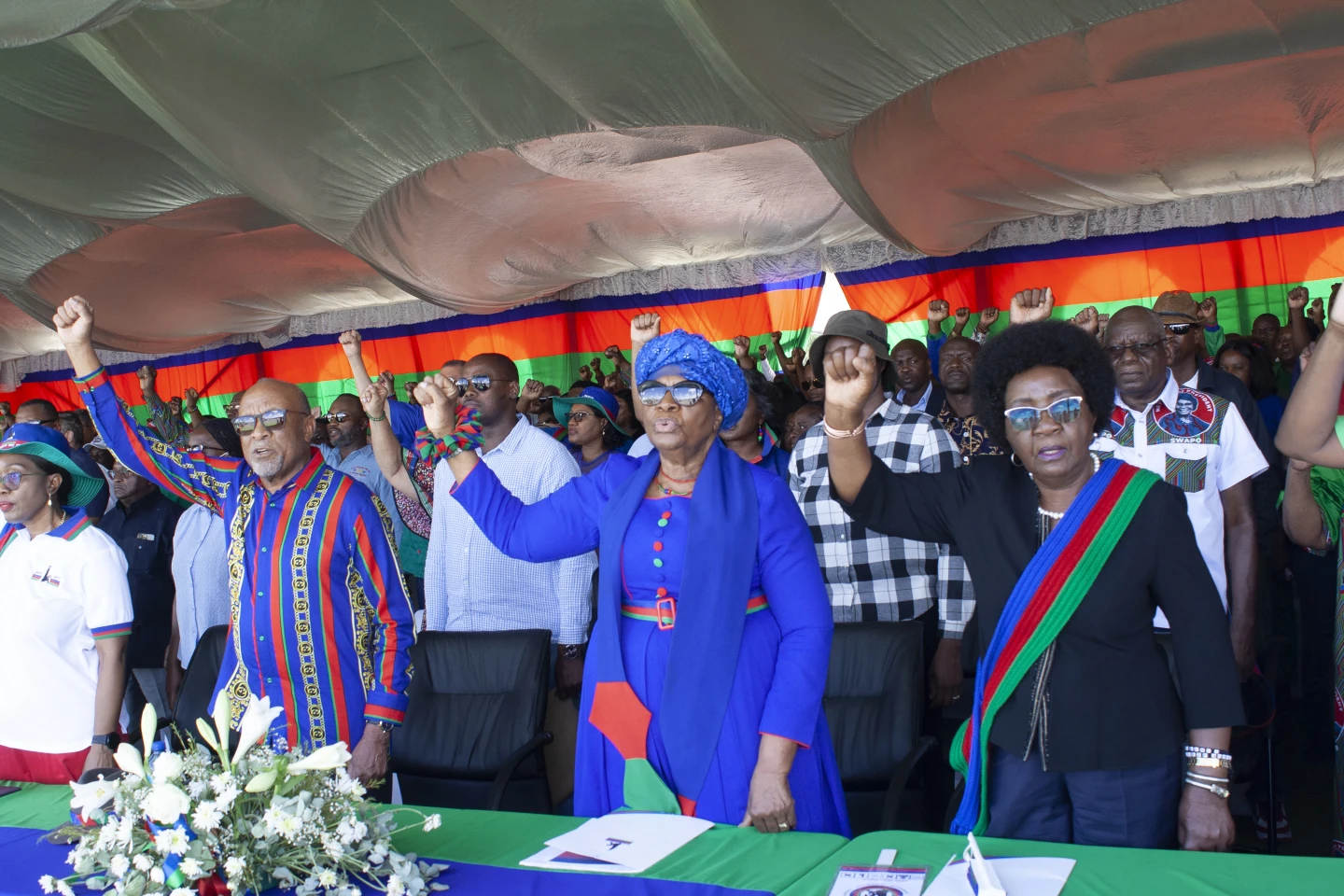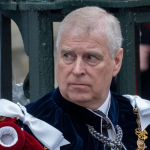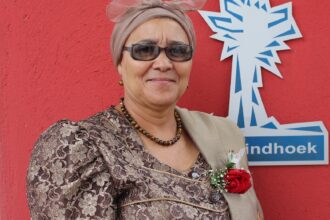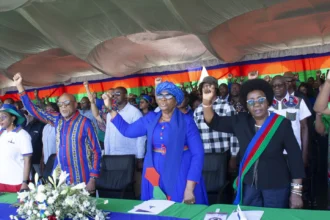Namibia is on the brink of a historic moment as Vice President Netumbo Nandi-Ndaitwah vies to become the country’s first female president. The presidential election, set for Wednesday, has drawn considerable attention, with over 1.4 million Namibians registered to vote. This represents nearly half of the nation’s population. The polls also include contests for the National Assembly, with 15 political parties in the running.
SWAPO Leads Early Polls Amid Challenges
Results from special early voting, conducted for Namibians abroad, seafarers, and security personnel, suggest Nandi-Ndaitwah and her party, the South West Africa People’s Organization (SWAPO), are currently in the lead. SWAPO, which has governed Namibia since its independence from South Africa in 1990, faces growing challenges. In 2019, the party lost its two-thirds parliamentary majority, a first since 1994. Allegations of corruption and money laundering in the country’s fishing industry have tarnished SWAPO’s image, leading to arrests of high-profile figures, including two cabinet ministers.
The Battle for Youthful Support
Henning Melber, a political analyst and professor at the University of Pretoria, warns that SWAPO must heed the lessons of its recent setbacks. The party needs to appeal to younger voters, often referred to as “born-frees,” who lack emotional ties to the liberation struggle. “There’s no way back to the dominance of the past,” Melber said. He emphasized that these voters prioritize delivery and governance over historical loyalties, a sentiment shared by many across southern Africa.
Nandi-Ndaitwah’s Vision: Jobs and Equality
At 72 years old, Nandi-Ndaitwah has made bold promises to address unemployment, especially among youth. With an unemployment rate hovering around 20%, she has pledged to create over 500,000 jobs within five years by investing approximately NAD 85 billion (around R75 billion). Critics have called her job creation plan overly ambitious, but her focus on issues such as reproductive rights, equal pay, and healthcare resonates with many voters.
If elected, she would join the ranks of Africa’s trailblazing female leaders, including Ellen Johnson Sirleaf of Liberia, Joyce Banda of Malawi, and Samba Pranza of the Central African Republic. Political science lecturer Erika Thomas from the University of Namibia has stressed the importance of transparency and accountability. She urged Nandi-Ndaitwah to champion policies that increase women’s participation in politics.
Opposition Challenges
SWAPO is facing strong opposition from Panduleni Itula’s Independent Patriots for Change and Job Amupanda’s Affirmative Repositioning party. Both parties are gaining traction, especially among younger voters eager for change. Final rallies over the weekend showcased the fierce competition, reflecting a high-stakes political atmosphere.
A Year of Political Shifts in Southern Africa
Namibia’s elections come amid significant political shifts in the region. South Africa’s ANC lost its parliamentary majority after 30 years, and Botswana’s Democratic Party was unseated after 58 years in power. In Mauritius, opposition forces secured a landslide victory, while Mozambique’s disputed election results have sparked deadly protests.
Namibia’s election will not only shape the country’s future but could also redefine gender representation in African politics. Whether Nandi-Ndaitwah can break through and deliver on her promises remains to be seen, but the outcome is poised to mark a turning point for the nation.










